Most people are familiar with Robert Morse if they’ve watched Mad Men. On the show, he portrayed one of the advertising agency’s founders, Bertram Cooper. He was also one of the central characters of the show for its duration.
However, before Mad Men, Morse already had a successful career in theater and film. His career spanned over 50 years before his death in April 2022. Here are 7 interesting facts about Robert Morse.
1. Robert Morse Served In The Korean War
Before starting his acting career, Morse served in the Marines in the Korean War, which went from 1950 to 1953. He also served in the U.S. Navy, however the details about his participation are sparse. After the war, Morse moved to New York to follow his brother, who was already studying acting at the Neighborhood Playhouse.
2. He Kicked Off His Career In the Theater
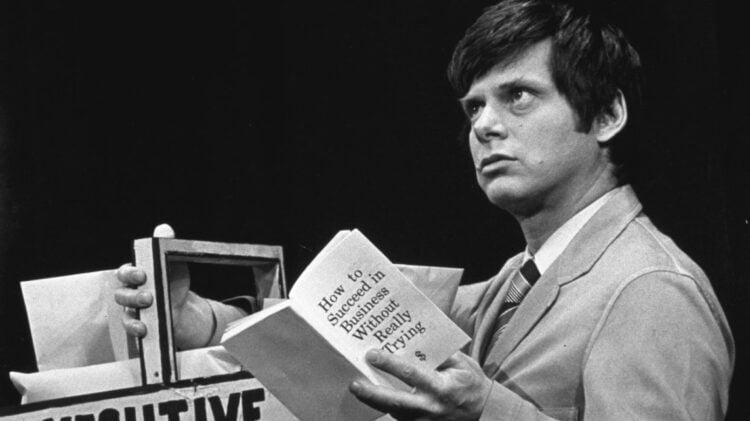
Morse is known by younger generations for his role as Bertram Cooper in Mad Men. However, he built his early career in theater. After participating in an uncredited role in the 1956 film The Proud and Profane, he was cast in his first Broadway production.
His first role in theater was playing Barnaby Tucker in The Matchmaker. This was the beginning of a career that spanned eight roles over thirty years. The same career would give him ten nominations and seven awards.
3. Morse Succeeded In Business Without Even Trying
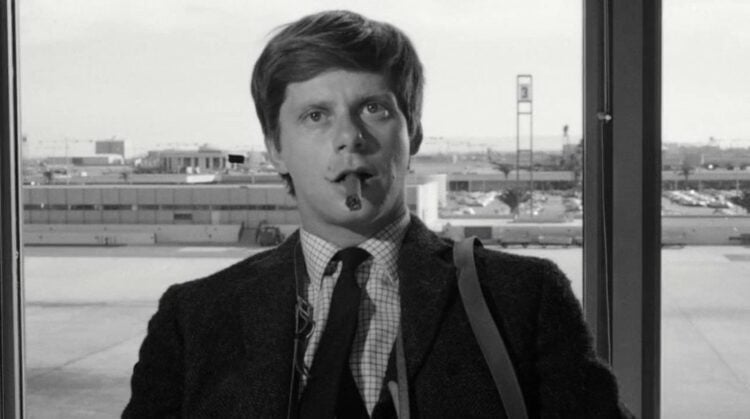

After two Tony nominations for his roles in Say, Darling, and Take Me Along, Morse got his biggest role yet on Broadway. In 1961, he appeared in How to Succeed in Business Without Really Trying. The production would go on to have a run of 1,417 performances and win seven Tony Awards, including the first for Morse.
Furthermore, the play would later have a film adaptation and four more productions. Including the 50th anniversary Broadway revival, which starred Daniel Radcliffe. Even Nick Jonas from The Jonas Brothers played the part later in the same production. The play is a satire of corporate America that sees the protagonist rise inside his company by reading a book.
4. The Actor Played Truman Capote
Robert Morse’s career in theater was further solidified when he played Truman Capote in the 1989 play Tru. In fact, he got his second Tony for this performance. The play is set in 1975 in New York City and sees Capote musing about his life. The play consists of a two-act monologue. Later, Morse would go on to direct a 1996 production of the play starring Louis Negin.
5. He Played His Characters In Other Media
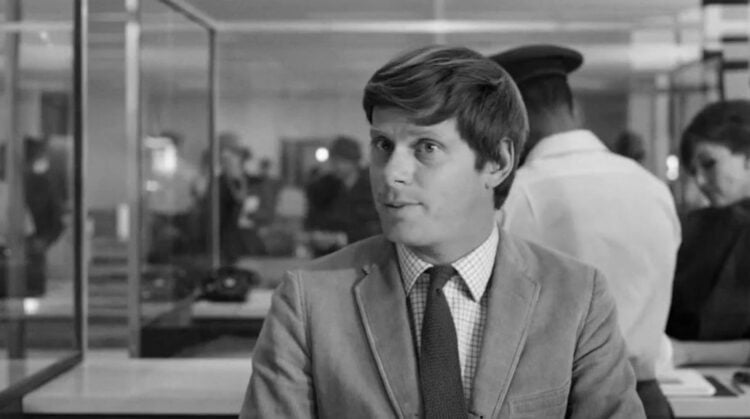

Proving talent in different media is not easy because some actors find it difficult to transition. That wasn’t the case with Morse; in fact, it was the opposite. From early on in his career, he reprised characters for film or TV adaptations. The first one was Barnaby from The Matchmaker, a character he played in both the Broadway play and the 1958 film adaptation.
Most notably, Morse reprised his role as Finch in the 1967 adaptation of How to Succeed in Business Without Really Trying. The film was directed by David Swift and would go on to get great reviews. He would also later reprise Capote’s role in the PBS series American Playhouse.
6. Morse Won 2 Tony Awards
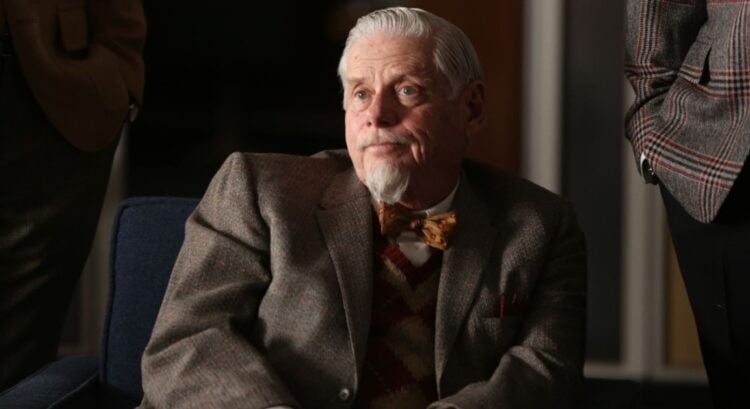

The actor was celebrated and recognized throughout his career. For example, he received his first nomination for a Tony in 1959 and the last one in 1990. Similarly, with the Emmys, he received his first nomination in 1969 and the last in 2014. All in all, Morse was nominated for five Tony Awards and won two. He got one for How to Succeed in Business Without Really Trying and the second for Tru. He also won an Emmy for his work on Tru for PBS.
7. His Character In Mad Men Had A Great Send-Off
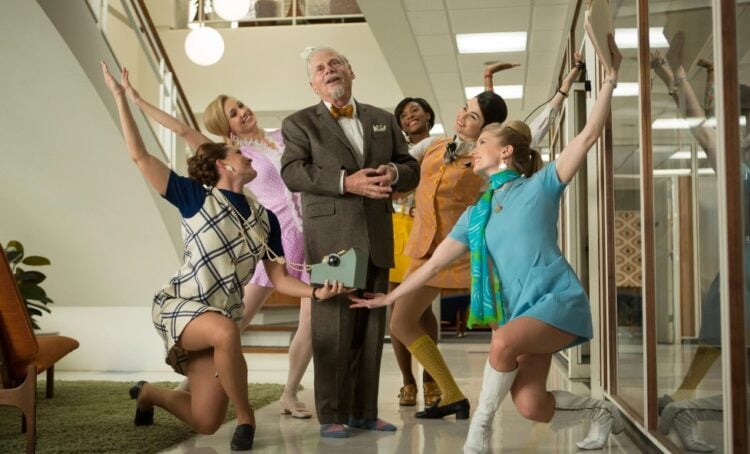

For modern audiences, the most known role Morse played was in Mad Men. He was a regular character for the whole duration of the show’s seven seasons. Without spoiling too much, one of the best parts of the final season of the show was his character’s send-off. In the episode “Waterloo”, Morse was able to show off his musical theater skills by doing a dance number. This episode was one of the high points of the series and the show, and it also concluded several plots in the story.
